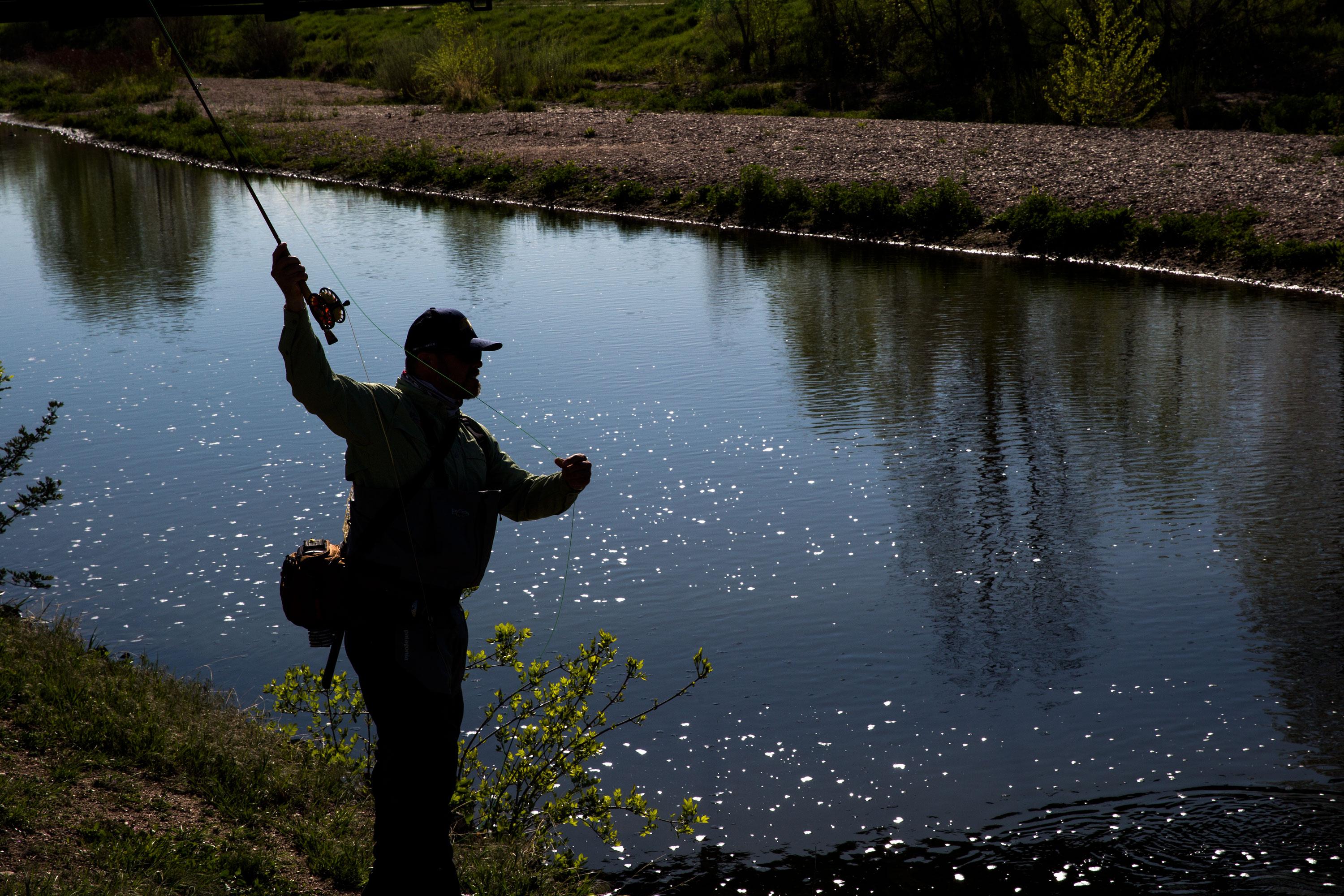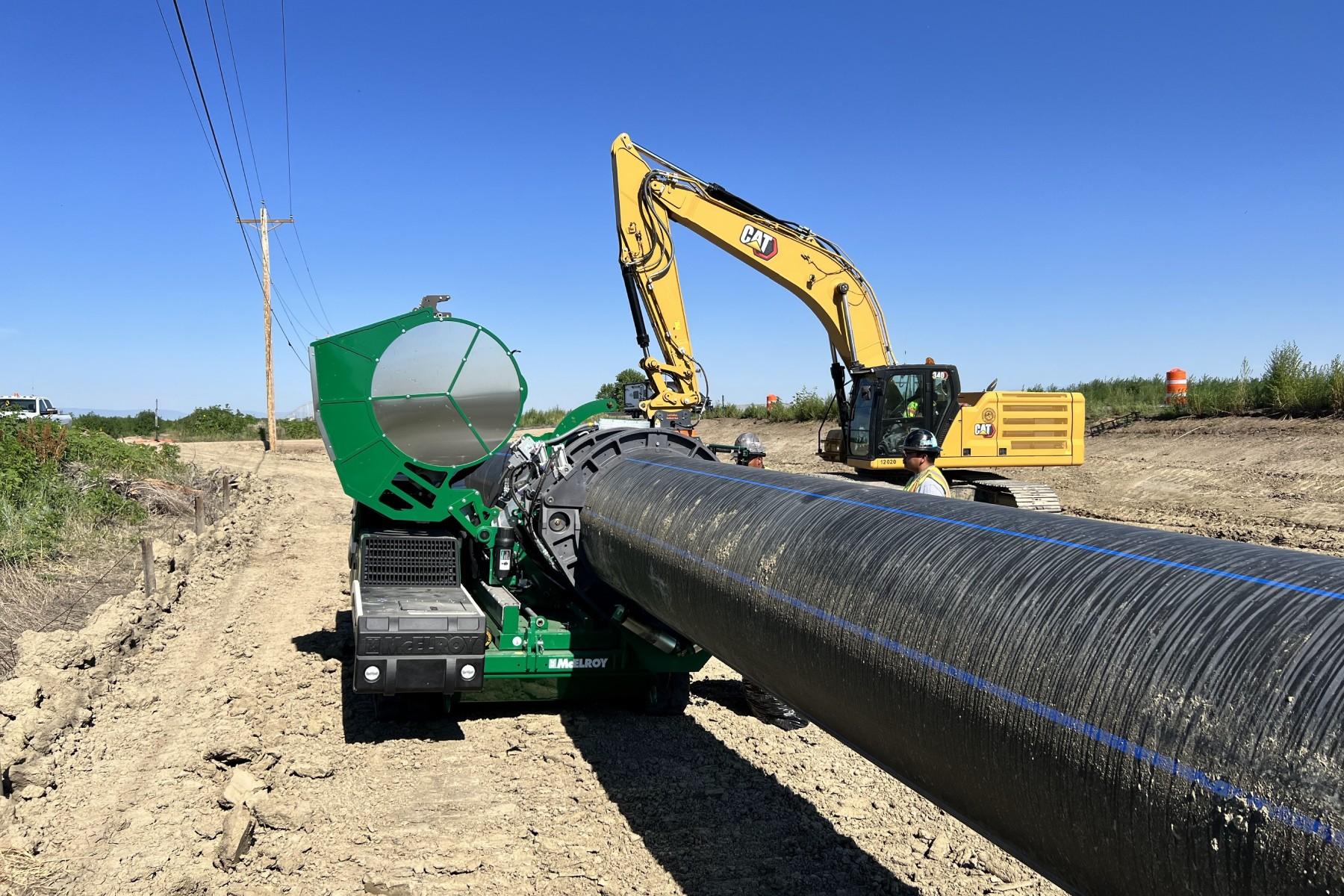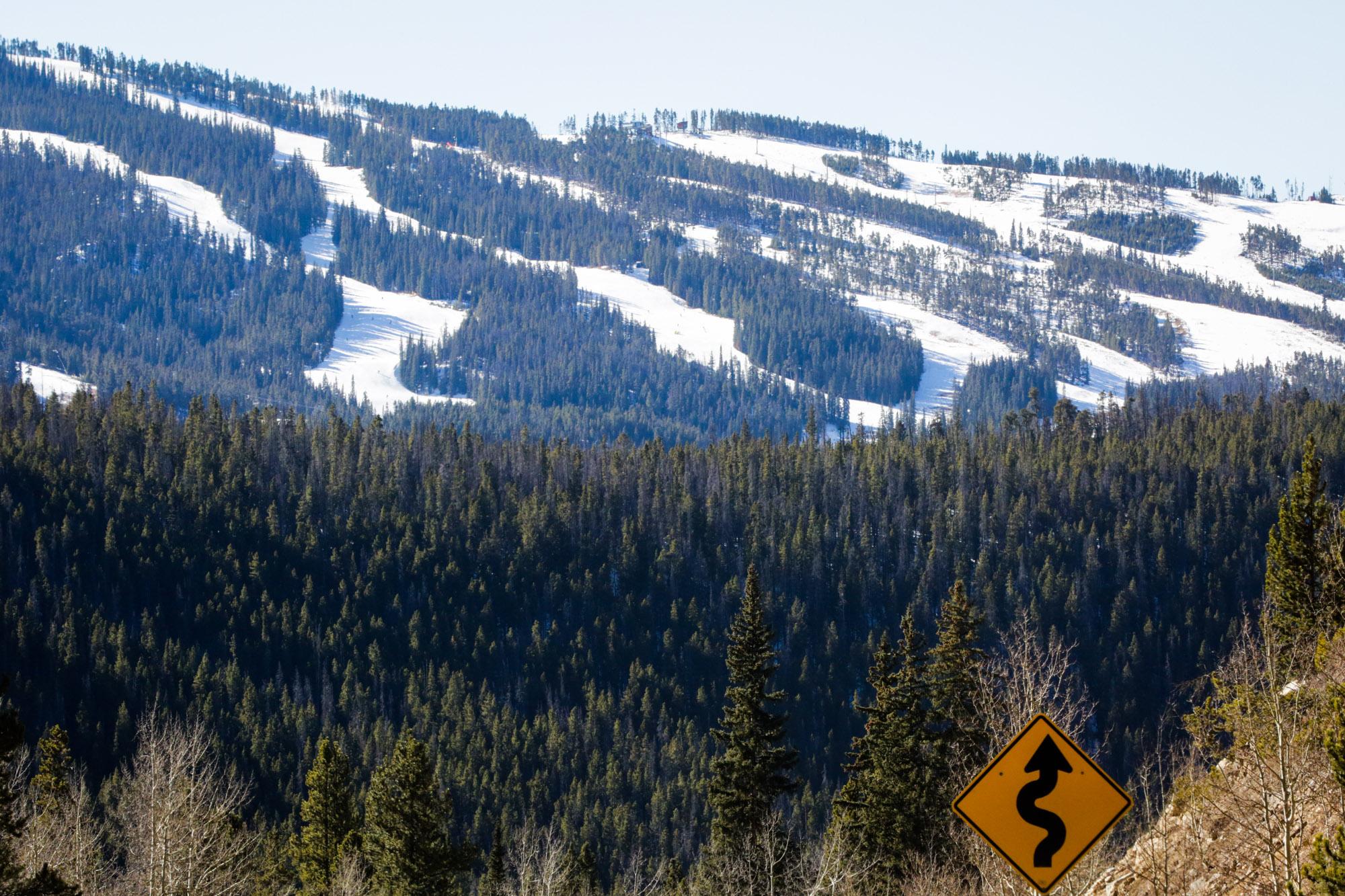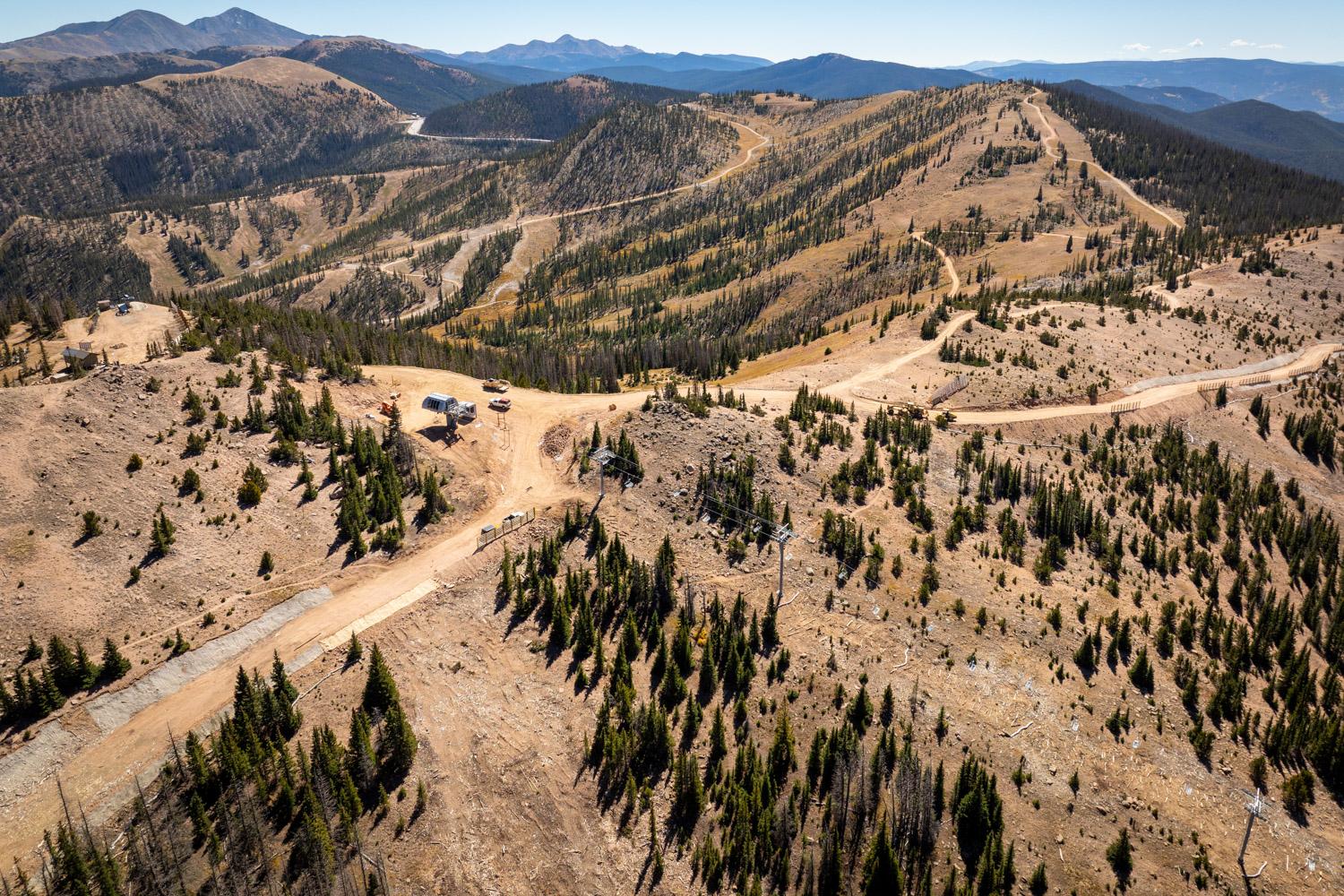
By Jason Blevins/AP
It's open season with no limit on walleye, saugeye, crappie, perch, wiper and catfish at two Eastern Plains reservoirs.
Again.
As severe drought spikes demand for irrigation water on the plains, Colorado Parks and Wildlife is dropping angler limits at the South Platte River-fed Jumbo Reservoir near Julesburg and the Arkansas River-fed Queens Reservoir north of Lamar. The agency expects both reservoirs to soon run dry and lose all fish.
That's troubling local businesses around the reservoirs that count on angler traffic that might not return for several years while Colorado Parks and Wildlife rebuilds the fisheries.
"This will not just devastate Julesburg's economy, this could devastate the county's economy," said Michelle Stang, the executive director of Sedgwick County Economic Development.
The emergency public fish salvages started last week at Queens and this week at Jumbo, with anglers at both impoundments able to catch as many fish as they want, without limits on size or restrictions on lures or flies.
CPW will rebuild the fisheries "when adequate waters return," according to a statement announcing the salvage.
Typically, CPW suspends bag and size limits when crews need to repair or maintain reservoir infrastructure and dams. (Earlier this month the agency dropped limits on fish at Groundhog Reservoir north of Dolores to accommodate dam repairs, just as it did in 2018.)
But several reservoirs on the Eastern Plains and in southern Colorado have run dry due to drought and irrigation demand in the last two decades, some staying parched for years.
CPW issued a fish salvage at Jumbo in 2020, but late-season rains kept water in the reservoir, saving the fishery from a total loss.
Kiowa County's Queens Reservoir, part of the Great Plains Reservoir System fed by the Arkansas River that also includes Nee Noshe, Nee Gronda and Nee Sopah reservoirs, went dry in 2005 and was not refilled until 2015. Nee Noshe had too little water to support fish from 2010-15. The reservoirs are part of Queens State Wildlife Area.
In October 2020, CPW ordered an emergency fish salvage at Wahatoya Reservoir in Huerfano County east of La Veta in October 2020, saying intensifying drought conditions in the coldwater lake threatened a "catastrophic fish kill."
But CPW has always restocked the reservoirs with fingerlings to restore the decimated fisheries.
"Hearing back from our aquatics section leaders, they were not aware of us completely abandoning a fishery," CPW spokesman Jason Clay said.
It does not cost the agency additional time or expense to rebuild a fishery since the biologists stock the reservoirs every year. But while the biologists have the ability to get fish back in the water when the reservoirs fill, it can take a few seasons for fish to grow to a catchable size. That can be a blow to local economies that count on visiting anglers.
"It could take some time for the fish we stock in there to grow to sizes some anglers covet or grow to meet certain size-limit requirements," Clay said. "Nearly all the warm-water fish we put out are stocked as fry or fingerlings, so the time it takes to rebuild fisheries can be dependent on fish growth rates."
Curtis McCuiston and his brother KC took second place in a walleye tournament on Jumbo Reservoir in May, catching five walleye over 25 inches. He ranks Jumbo in "my top three destinations" for fishing trips. In the winter, it's his favorite spot for duck hunting.
Without water in Jumbo, the Fort Collins resident won't be visiting Julesberg.
"We really help keep that town alive. If you are not a farmer, you count on visitors in your hotels and restaurants out there," he said. "I guess I'd want to ask CPW why they keep stocking it if they know it could die off again. I wonder if there's any way to net the fish in there and move them to another reservoir, like Sterling, which is less susceptible to drought and irrigation demands. It doesn't make sense to stock these reservoirs if they are just going die every other year."
The loss of duck hunting in the fall and summertime fishing "would be horrible," said Stang with Sedgwick County Economic Development.
"We don't have a lot of things to bring people here. In the summer it's the reservoir. In the winter it's the reservoir for hunting," said Stang, describing how she just finished writing her county's guide for visiting hunters this fall. "We can't lose any more of our economy."









